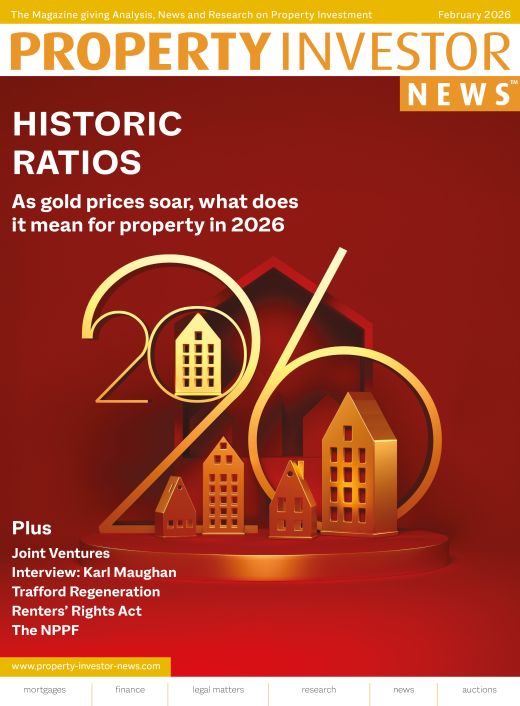Turnover rent agreements are not new. They have been used in the retail and leisure property sectors for some time, where it is not uncommon for the leases to fix a base rent, with a turnover element payable in addition. This mechanism has been a useful way of sharing the risk and reward of the success (or failure) of a tenant’s business enterprise and as a means of encouraging greater partnership between landlords and tenants.
The current turnover demand
Turnover rents are now becoming far more prevalent as the market responds to the fallout from the lockdown. Ever since the lockdown started, large numbers of retail and leisure tenants have seen a serious downturn in the fortunes of their businesses. Although these operators have now broadly been permitted to re-open, many businesses are still hurting. Ongoing travel restrictions and many workers still working from home are having a deep impact on many businesses’ sales. As a result, it is proving difficult for tenants to meet their rent obligations to their landlords.
In response, tenants are increasingly seeking to move away from a fixed base rent, either when negotiating new leases or as a part of a re-negotiation of the terms of an existing lease. Instead, tenants are trying to achieve a reduced base rent topped-up with a turnover rent (or in some situations, no base rent and the rent entirely dependent on turnover). For example, high-profile names such as New Look, Pret and Sports Direct have all publicly stated their intention to re-negotiate the leases of their portfolios to move towards turnover-based rent leases.
The landlord response
Many landlords are gradually coming to terms with the “new normal” and are increasingly looking at ways to help tenants ride out this crisis, and keep properties tenanted and income producing. The era of the landlord granting a 10+ year lease with upwards-only reviews every five years and then just collecting their rent, is in certain sectors being increasingly challenged.















